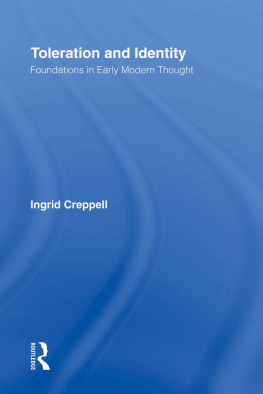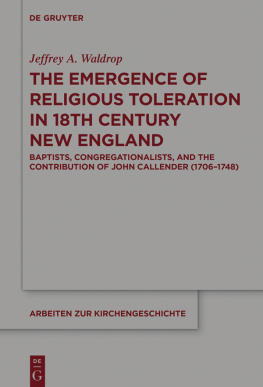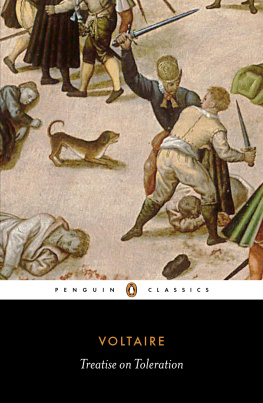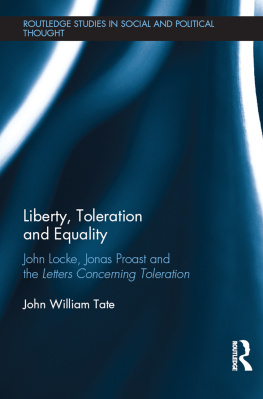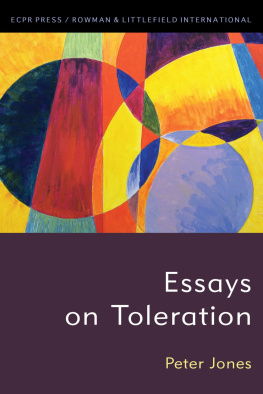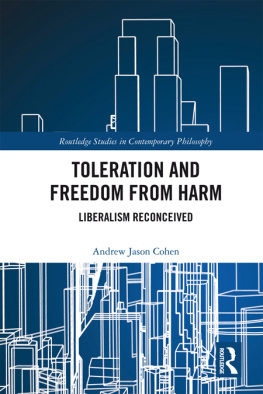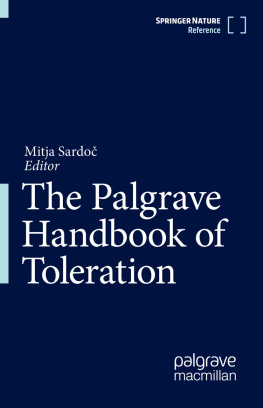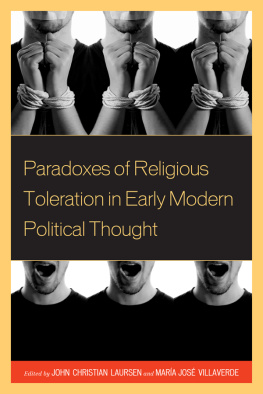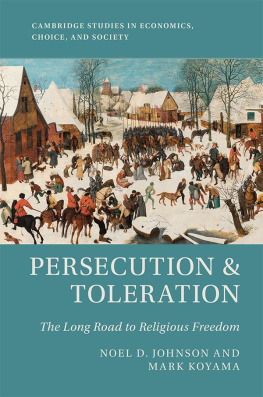First published 2000 by Pearson Education Limited
Published 2013 by Routledge
2 Park Square, Milton Park, Abingdon, Oxon OX14 4RN
711 Third Avenue, New York, NY 10017, USA
Routledge is an imprint of the Taylor & Francis Group, an informa business
Copyright 2000, Taylor & Francis.
The right of John Coffey to be identified as author of this Work has been asserted by him in accordance with the Copyright, Designs and Patents Act 1988.
All rights reserved. No part of this book may be reprinted or reproduced or utilised in any form or by any electronic, mechanical, or other means, now known or hereafter invented, including photocopying and recording, or in any information storage or retrieval system, without permission in writing from the publishers.
Notices
Knowledge and best practice in this field are constantly changing. As new research and experience broaden our understanding, changes in research methods, professional practices, or medical treatment may become necessary.
Practitioners and researchers must always rely on their own experience and knowledge in evaluating and using any information, methods, compounds, or experiments described herein. In using such information or methods they should be mindful of their own safety and the safety of others, including parties for whom they have a professional responsibility.
To the fullest extent of the law, neither the Publisher nor the authors, contributors, or editors, assume any liability for any injury and/or damage to persons or property as a matter of products liability, negligence or otherwise, or from any use or operation of any methods, products, instructions, or ideas contained in the material herein.
ISBN 13: 978-0-582-30464-2 (pbk)
British Library Cataloguing-in-Publication Data
A catalogue record for this book is available from the British Library
Library of Congress Cataloging-in-Publication Data
Coffey, John, 1969
Persecution and toleration in Protestant England, 15581689 / John Coffey.
p. cm. (Studies in modern history)
Includes bibliographical references and index.
ISBN 0582304644 (pbk.) ISBN 0582304652 (cased)
1. PersecutionEnglandHistory16th century. 2. Religious toleranceEnglandHistory16th century. 3. EnglandChurch history16th century. 4. PersecutionEnglandHistory17th century. 5. Religious toleranceEnglandHistory17th century, 6. EnglandChurch history17th century. I. Title. II. Studies in modern history (Longman (Firm))
BX1492.C56 2000
272.7dc21
00059805
Typeset by 35 in 11/13pt Baskerville
A Free Disputation against Pretended Liberty of Conscience (1649) has been described by Owen Chadwick as the ablest defence of religious persecution during the seventeenth century.1 Its author was the Scottish Covenanter Samuel Rutherford, the subject of my first book, Politics, Religion and the British Revolutions: The Mind of Samuel Rutherford (Cambridge University Press, 1997). Ironically, Rutherfords treatise introduced me to the tolerationist pamphlets he had condemned, and led to the writing of this book. It tries to provide the first survey of persecution and toleration in early modern England since W. K. Jordan, The Development of Religious Toleration in England, 4 vols (London, 193240). Readers will be relieved to hear that it is almost ten times shorter than Jordans magnum opus.
The idea for the book was suggested by John Morrill, and like so many others I am deeply indebted to him for his enthusiasm and support. In the midst of a formidably busy life he has somehow found time to read my work and offer much wise advice. It is also a pleasure to say thanks to my former supervisor Mark Goldie, who offered invaluable comments on several of my chapters, and who has contributed so much to our understanding of persecution and toleration in later Stuart England. I am grateful to Michael Davies, Terry Hartley, Aubrey Newman and David Wykes, who read and commented upon sections of the book. They cannot be held responsible for any of my blunders or misinterpretations, but their help was much appreciated. The students who took my Cambridge University History Summer School course on persecution and toleration in early modern Europe also contributed a great deal to my thinking.
Several institutions have supported me during the course of my research and writing. Most of the work was done at Churchill College, Cambridge, where I was a Junior Research Fellow from 1994 to 1998. Churchill provided an ideal environment for research and writing, and I am indebted to the Master, the Fellows, and the staff for the very happy years I spent there. The completion of the book was made possible through the award of a Postdoctoral Fellowship from the British Academy. I am grateful to David French, Rebecca Spang, Nicholas Tyacke and other colleagues for their support during my year at University College London. The final chapters were written at the University of Leicester, and I wish to thank everyone at the Department of History for helping me to settle in.
I am especially grateful to my uncle and aunt, John and Emma Parker, who gave me vital support at an important stage in my career. Without them, this book would probably not have been written. My parents have also given me lots of encouragement, even if research for this book did not take me to Scotland as did my work on Rutherford. Finally, my wife Cate has helped me far more than she knows by being herself and by tolerating my frequent musings on toleration.
Note
O. Chadwick, The Reformation (Harmondsworth, 1964), p. 403.
Publishers Acknowledgements
The publishers are grateful to Cambridge University Press for permission to reproduce a Table from Braithwaite, The Second Period of Quakerism, Second Edition (1961), p. 114 and a Table from G. Nuttall, The English martyrs 15351680: a statistical review, Journal of Ecclesiastical History 22 (1971), pp. 1917.
Though every effort has been made to trace the owners of copyright material, in a few cases this has proved impossible and we take this opportunity to apologise to any copyright holders whose rights may have been unwittingly infringed.



